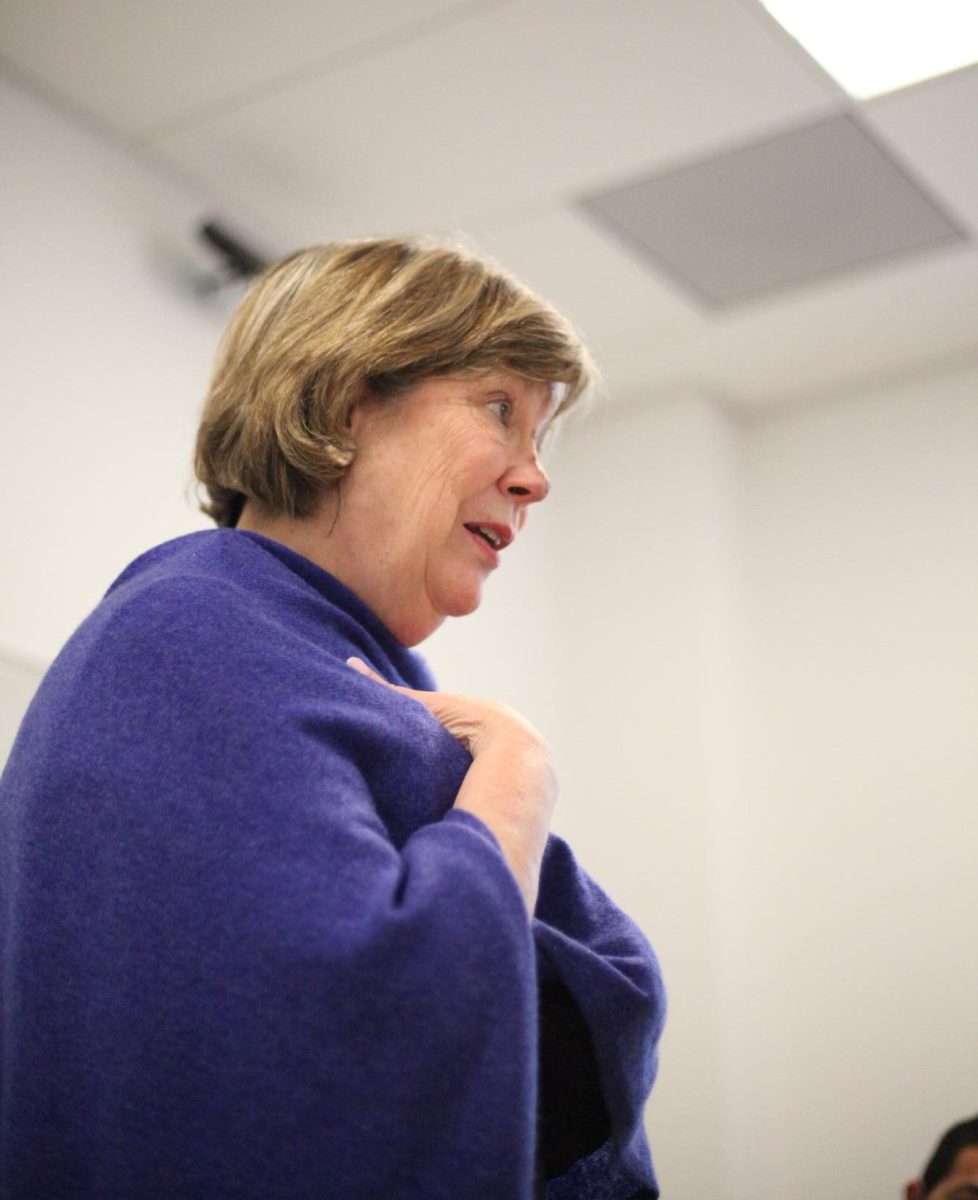Courtesy // commons.m.wikimedia.org
Artificial Intelligence (AI) may actually be taking over. Technology continues to rapidly develop in our modern world, and AI gets more advanced by the minute.
AI is seen and used by most people on a daily basis. Asking Siri about the weather, using GPS navigation apps, or listening to a specially curated Spotify playlist are all examples.
In November of 2022, OpenAI released ChatGPT, an AI chatbot that, according to the OpenAI website, “is trained to follow an instruction in a prompt and provide a detailed response.” ChatGPT is currently available online and free to use as a research preview. OpenAI is looking for users’ feedback to find the AI’s strengths and weaknesses.
OpenAI is upfront about ChatGPT’s limitations and makes them known to users. ChatGPT’s knowledge comes from a large text data set but it warns that it still may not produce accurate information and that the chatbot has limited knowledge of the world and events after 2021.
Despite its limitations, this chatbot can be used for a multitude of reasons. It could be asked to create blocks of code, answer questions, make calculations, create a customized resume, translate, and much more. This technology is incredible and can be used in so many creative ways, but the immoral uses of the chatbot have to be considered.
Professor Christian Terwiesch at the University of Pennsylvania’s Wharton School published a paper detailing an experiment where he gave ChatGPT final exam questions for the Master of Business Administration (MBA) program. Terwiesch found that “Chat GPT does an amazing job at basic operations management and process analysis questions including those that are based on case studies. Not only are the answers correct, but the explanations are excellent.” Though ChatGPT did not answer every question with complete accuracy, the chatbot generated answers that Terwiesch said would’ve received a B or B- grade.
Terwiesch broke down the implications of this technology and stated, “Many educators are interested in the Chat GPT discussion out of a concern that their students might be cheating on homework assignments and final exams. They should be.”
The chatbot can produce detailed and well crafted assignments in seconds. Asking the chatbot to “write a five paragraph essay about Trump’s presidency” will generate a decently written essay on the topic. This AI technology allows students to generate assignments for them easily and this shortcut completely undervalues the importance of education.
Assignments may be frustrating to students at times, but sacrificing academic integrity and undermining the education system by not taking the time to research and learn is disappointing. Academic integrity is characterized by six core values; honesty, trust, fairness, respect, responsibility, and courage. If students start to solely rely on AI technology to generate assignments for them, they will not get value out of those assignments.
Students are all too familiar with the tool Turnitin. An assignment can be run through Turnitin and it checks what percentage of the work is original. This is a useful tool to detect plagiarism, but AI-generated content is not plagiarism. It is original work that hasn’t been published anywhere before, so it is undetectable to Turnitin.
When asked if she believes AI Classifiers will be as common as Turnitin as a way to check for plagiarism, communications professor Gina Baleria said, “I do actually, as people look for solutions to combat the unethical uses, these things will become more common.”
AI classifiers may need to become a necessary measure to prevent the use of this technology as more and more students discover and abuse the capabilities of the technology.
“If ChatGPT is used as a shortcut to generate assignments without any meaningful input or guidance from the educator, it could have a negative impact on the learning of students. Assignments generated solely by ChatGPT may lack the necessary depth, complexity, and relevance to the course material, leading to a shallow understanding of the subject matter. Additionally, if students become too reliant on ChatGPT to generate assignments, they may not develop critical thinking skills or the ability to independently research and analyze information. This could ultimately hinder their ability to learn and succeed in the long run,” generated by ChatGPT when asked, “How could ChatGPT impact learning for students if it is used as a shortcut to generate assignments?”



































